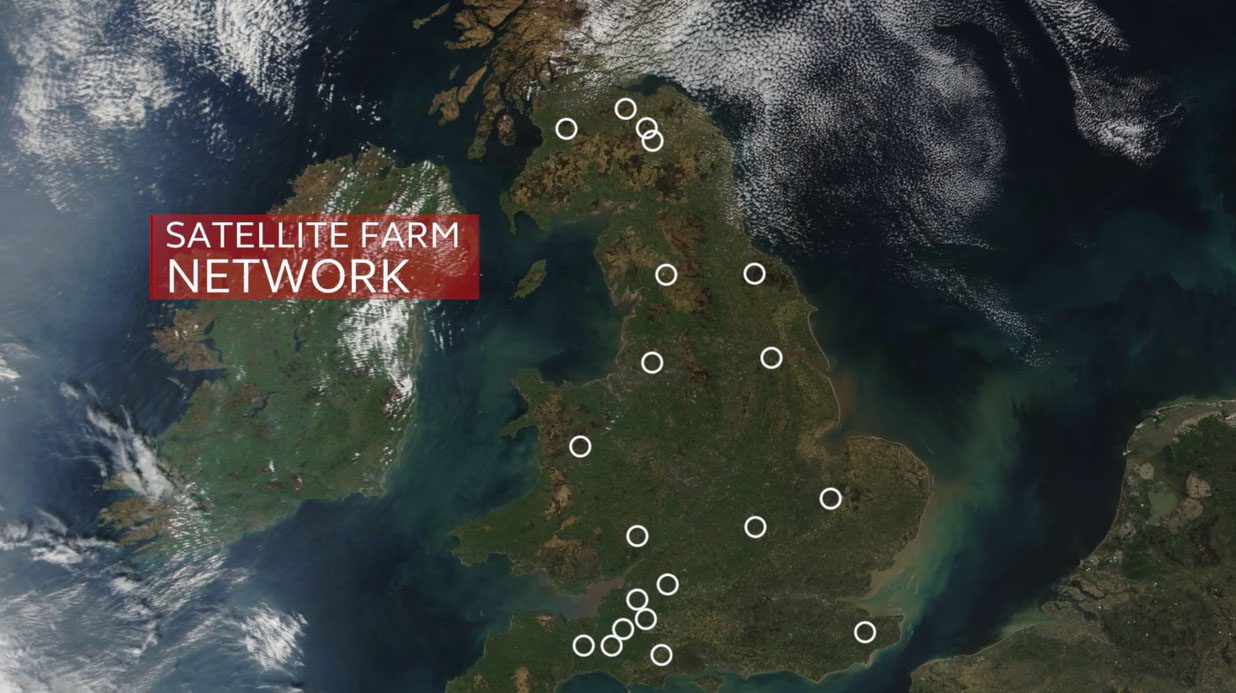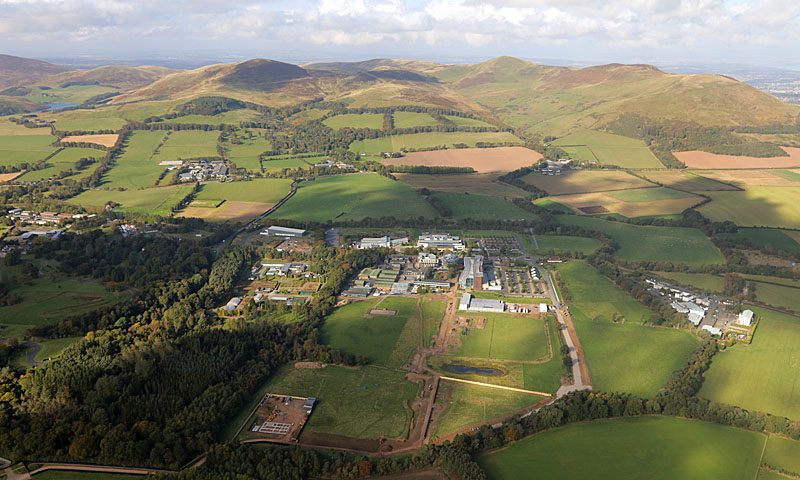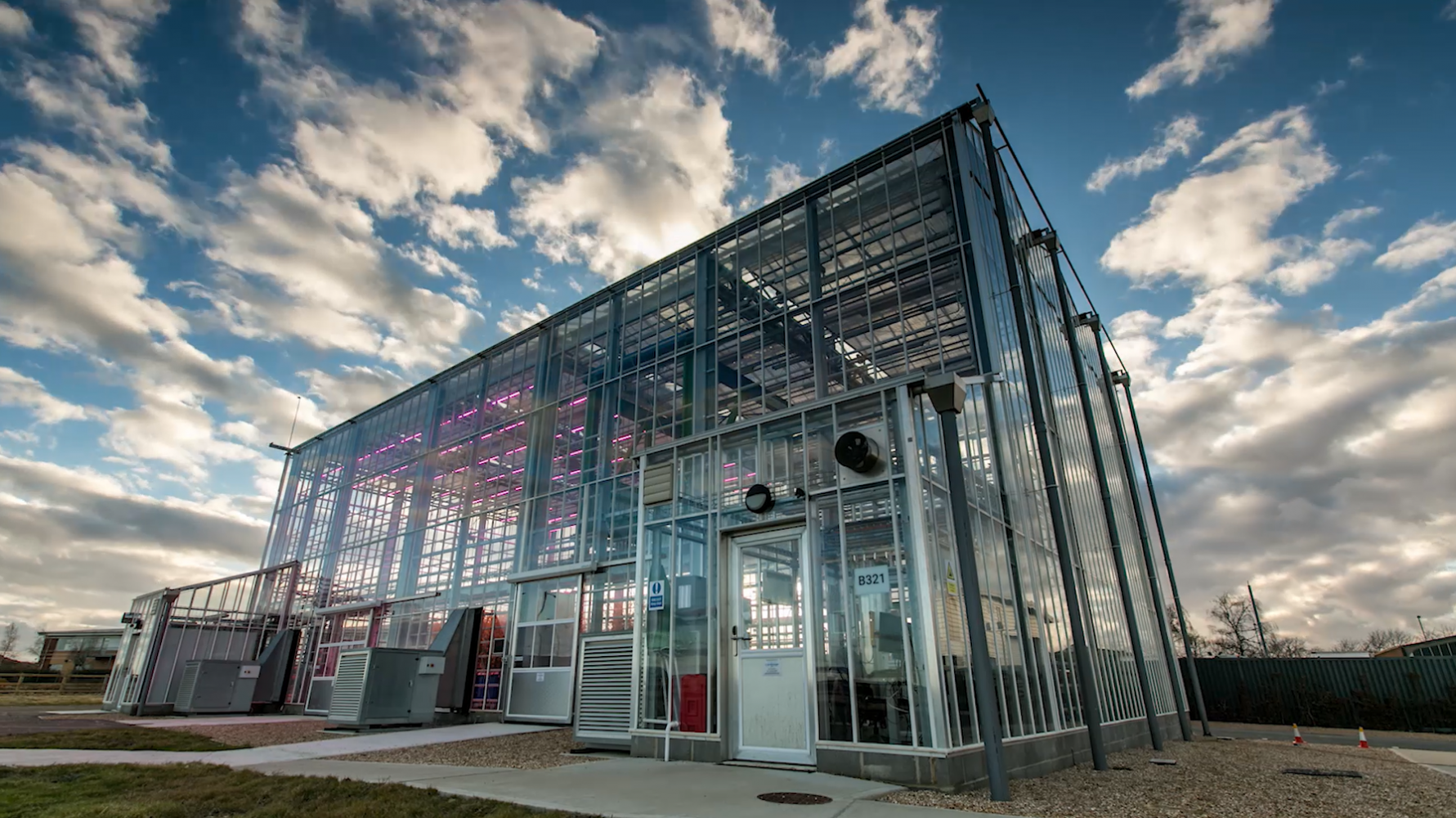Our technology is being used for a range of studies, from the development of dairy farms to beef monitoring projects, automated farming and the investigation of gas emissions from cattle and sheep.
Yoni van Breukelen, Agri-EPI Centre
The Agricultural Engineering Precision Innovation (Agri-EPI) Centre is one of four ‘agri-tech’ centres in the UK set up as part of the country’s agricultural technologies strategy. Its raison d’être is to help farmers increase their efficiency through the application of novel technology and the development of strategic partnerships. Or, as the Agri-EPI Centre’s Marketing Manager Yoni van Breukelen put it: “We help them produce more with less.”
In just over two and a half years, Agri-EPI Centre has grown from two members of staff to a team of 20. Most staff members work at the hub in Edinburgh, complemented by staff at the Midlands hub in Newport, the Southern hub in Cranfield and the South West Dairy Development Centre in Shepton Mallet. The centre has established a vast network of connections across the UK, as Yoni explained: “A large part of our work is bringing people together, and one of the ways we achieve this is through our satellite farm network. There are 28 large farms in the UK involved in this initiative, which we supply with government-funded technologies and partner with academics conducting research.”
“We are a membership organisation involving a variety of players in the agri-food supply chain: farmers; universities; agri-tech and precision farming companies; agronomy and agrochemical companies; and engineers and manufacturers. The agri-food and agri-tech sectors cover a broad scope of disciplines that must work together to develop new technologies and knowledge that will help make UK farming more productive. We aim to bring them together, working with our members to help them develop technology.”
The Agri-EPI Centre is involved in numerous projects, as Yoni described: “Our technology is being used for a range of studies, from the development of dairy farms to beef monitoring projects, automated farming and the investigation of gas emissions from cattle and sheep. One of the key facilities we have to offer is the Plant Phenotyping and Soil Health Facility at Cranfield University. This facility is a partnership between Agri-EPI Centre, Crop Health and Protection (CHAP) and Cranfield University, and enables industry, famers, agronomists and agrichemical companies to understand soil management issues and observe changes in crop health over space and time.
Many of the core ideas come from Agri-EPI’s membership network. “A lot of our members are start-up enterprises who come to us with project ideas, often needing to bring a consortium together to get the appropriate funding. We can help them to attract the right funding partners and to manage the project once the finance is in place – we’re like a project management consultancy in that regard. There’s a great deal of potential in this market due to the challenges facing UK farming and food production – not least Brexit – and the UK government is very keen to invest in technology. The funding is there too. It’s just a matter of making an idea relevant and attractive,” Yoni concluded.
To learn more about Agri-EPI Centre, visit www.agri-epicentre.com






